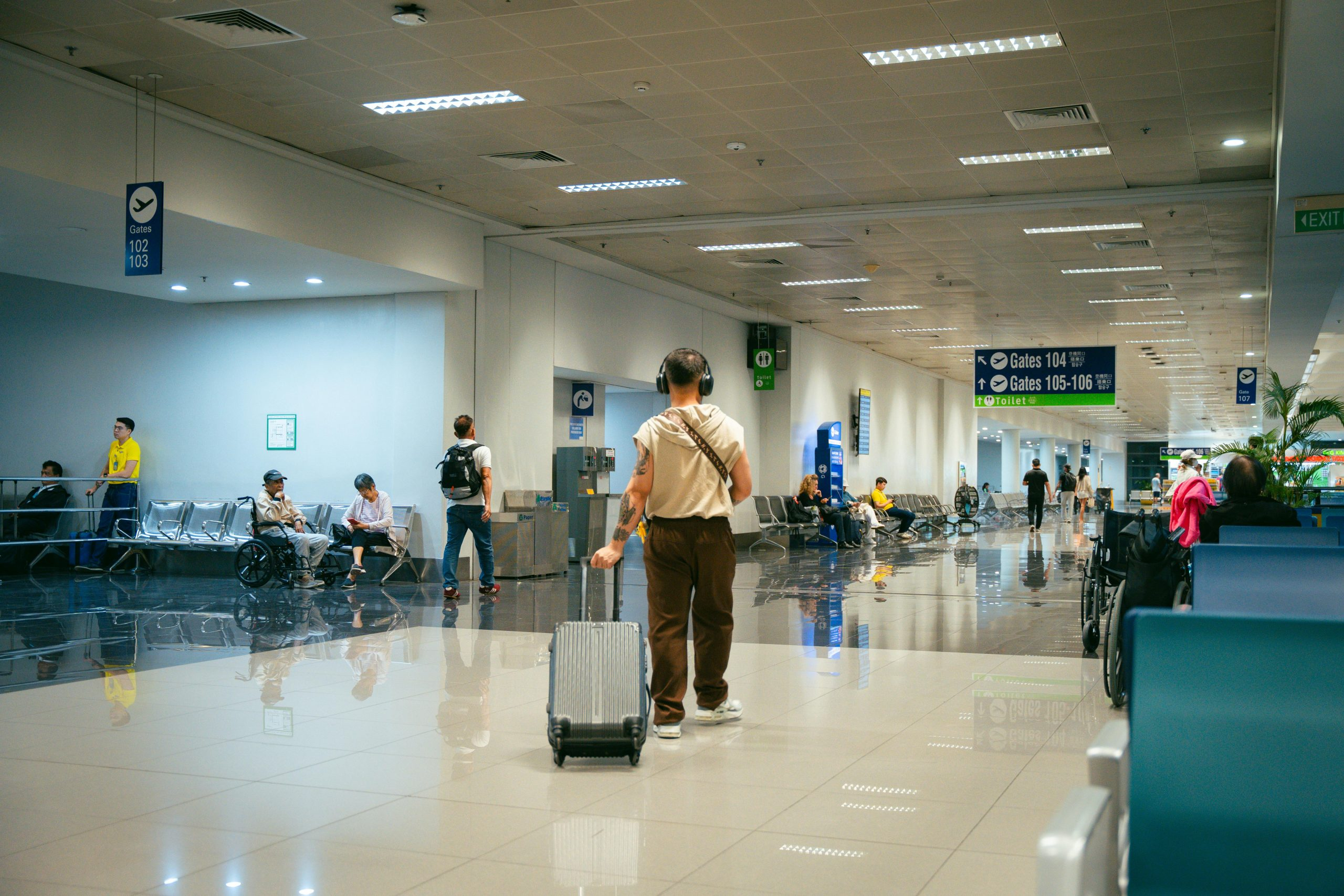Flight Delay Compensation Rules Vary by Country
Flight delays can be a major inconvenience for travelers. Not only do they disrupt travel plans and cause frustration, but they can also result in financial losses. This is where flight delay compensation comes in. However, the rules and regulations for flight delay compensation vary by country. What may be considered a valid reason for compensation in one country, may not be in another. In this article, we will explore the different flight delay compensation rules that apply in different countries around the world, and what you need to know as a traveler.
What is Flight Delay Compensation?
Flight delay compensation is a form of reimbursement or compensation that is provided to passengers who experience delays or cancellations in their flights. This compensation is typically provided by airlines and is intended to cover any additional expenses or inconveniences caused by the delay.
While it may seem like a straightforward concept, the rules and regulations surrounding flight delay compensation can be quite complex. This is because each country has its own set of laws and guidelines when it comes to flight delays. Let’s take a closer look at some key examples.
European Union (EU)
EU Regulation 261/2004
If you are traveling within the European Union, you are protected by EU Regulation 261/2004. This regulation states that if your flight is delayed by more than 3 hours, you may be entitled to compensation of up to €600 (approximately $669 USD). This applies to all flights departing from an EU airport or arriving in an EU airport on an EU airline.
However, there are a few exceptions to this rule. Delays caused by extraordinary circumstances such as severe weather, air traffic control strikes, or security risks are not eligible for compensation. Additionally, if the airline can prove that the delay was caused by something within their control, such as technical issues or crew shortages, they may not have to provide compensation.
United States (US)
Department of Transportation (DOT) Regulations
In the US, there is no single federal regulation that applies to flight delay compensation. Instead, the Department of Transportation (DOT) has provided general guidelines and regulations that airlines are expected to follow. These regulations primarily focus on issues such as overbooking, involuntary bumping, and baggage liability.
While there is no specific regulation for flight delay compensation, passengers may be entitled to compensation if the delay was caused by the airline’s negligence or if passengers incur additional expenses due to the delay. However, these cases are handled on a case-by-case basis, and there is no guarantee that you will receive compensation.
United Kingdom (UK)
Civil Aviation Authority (CAA) Guidelines
In the UK, flight delay compensation is governed by the Civil Aviation Authority (CAA). According to their guidelines, passengers may be entitled to compensation if their flight was delayed by more than 3 hours and was either departing from a UK airport or arriving in the UK on an EU airline.
Similar to the EU regulations, there are exceptions to this rule, such as delays caused by extraordinary circumstances. The CAA also has a time limit of 6 years for passengers to submit a compensation claim. However, it is recommended to do so within 3 years as it may be more difficult to receive compensation after that time period.
Other Countries
Flight delay compensation rules in other countries may vary greatly. Some countries may have specific regulations in place, while others may have no regulations at all. It is always advisable to research the specific rules of the country you are traveling to in order to have a better understanding of your rights as a passenger.
Tips for Claiming Flight Delay Compensation
If you experience a flight delay and believe you are entitled to compensation, here are a few tips to keep in mind:
1. Keep all of your documents.
Make sure to keep any documents related to your flight, such as your ticket, boarding pass, and any receipts for additional expenses incurred due to the delay.
2. Know your rights.
Research the specific rules and regulations in the country you are traveling to in order to have a better understanding of your rights as a passenger.
3. Submit your claim promptly.
If you believe you are entitled to compensation, it is important to submit your claim as soon as possible. Some airlines may have time limits for submitting a claim, so it’s best to act quickly.
4. Consider using a flight delay compensation service.
If you are unsure about the rules and regulations or find the process of claiming compensation daunting, there are services available that can handle the claim on your behalf for a fee.
Flight delay compensation rules can be complex and confusing. It’s important for travelers to understand their rights and the regulations that apply to their specific situation. By knowing your rights and being prepared, you can ensure that you receive the compensation you are entitled to when experiencing a flight delay. Safe travels!











